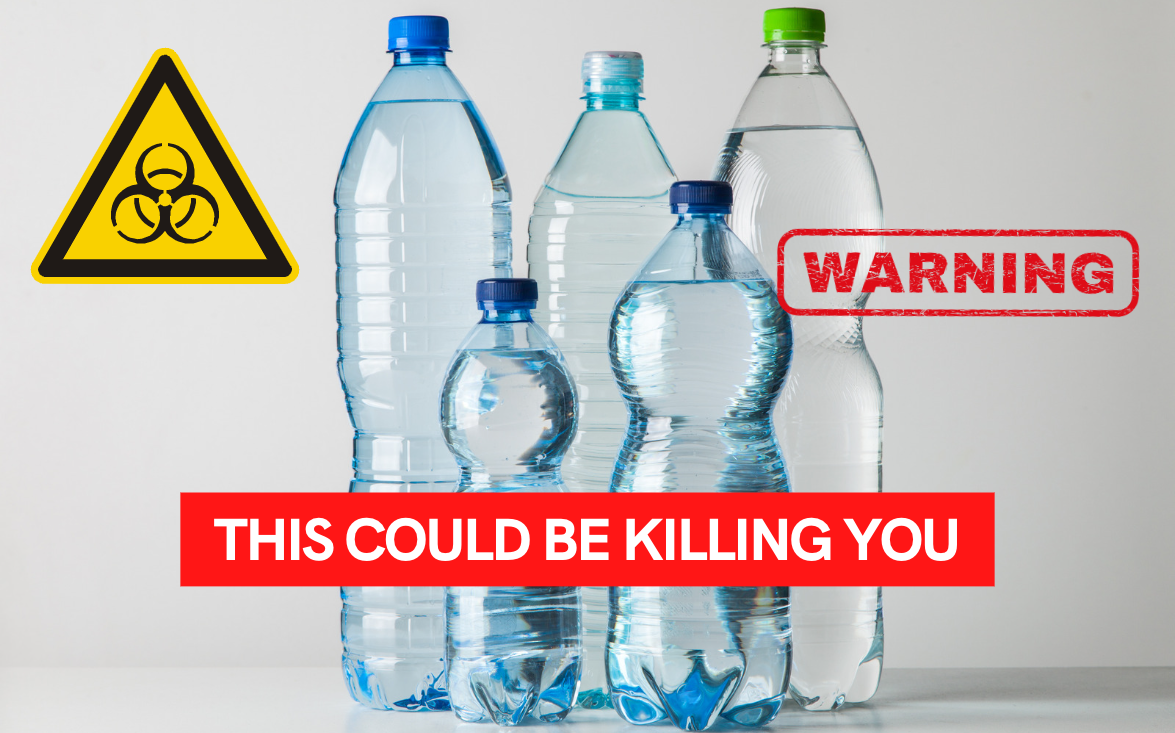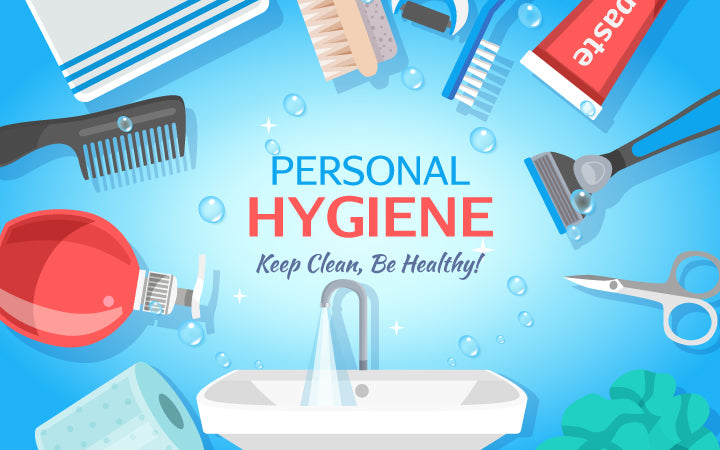In Ghana, it's common to find hot waakye, rice, stew, or soup served in black polythene bags or plastic bowls from roadside vendors. While it's convenient, this practice may be silently exposing us to Bisphenol A (BPA) — a harmful chemical found in some types of plastics.
🔍 What is BPA?
Bisphenol A (BPA) is an industrial chemical used in making certain plastics and resins. It's commonly found in:
-
Water bottles
-
Food storage containers
-
Canned food linings
-
Some polythene bags and takeaway bowls
When exposed to heat, these plastics can leach BPA into the food — and when we eat that food, BPA enters our body.
☠️ Health Risks of BPA Exposure
Scientific studies have linked BPA to a number of health problems. Here’s how it can affect your health:
1. Hormonal Imbalance
BPA is an endocrine disruptor, meaning it acts like estrogen (a female hormone) in the body. This can disturb natural hormone balance in both men and women.
2. Fertility Issues
Long-term exposure may contribute to:
-
Reduced sperm quality in men
-
Menstrual irregularities in women
-
Hormonal infertility
3. Increased Risk of Certain Diseases
BPA exposure has been associated with:
-
Breast and prostate cancers
-
Type 2 diabetes
-
Heart disease
-
Obesity
4. Children and Pregnant Women Are at Higher Risk
BPA can affect a baby’s development in the womb, especially brain and reproductive system development.
🍲 Common Ghanaian Practices That Can Be Harmful
Ghanaians often unknowingly expose themselves to BPA by:
-
Pouring hot soup, rice, or waakye into black rubber bags or takeaway bowls
-
Using old or scratched plastic containers to store food
-
Reheating food in plastic bowls in microwaves
When plastic gets hot, BPA is more likely to leach into the food.
✅ Safer Alternatives for Food Storage
To reduce your exposure to BPA:
| Unsafe Practice | Safer Alternative |
|---|---|
| Hot food in black polythene bag | Use stainless steel or glass containers |
| Microwaving food in plastic | Use ceramic or glass bowls |
| Storing food in old plastic | Replace with BPA-free containers |
| Buying hot food in plastic wraps | Carry your own container (eco-friendly!) |
♻️ How to Know If Plastic Has BPA
Look at the bottom of plastic containers:
-
#7 or no number may contain BPA
-
#1, #2, #4, or #5 are generally safer (but still avoid heat exposure)
🗣 Final Word to Ghanaians
As convenient as polythene bags are, they’re not worth the long-term risk to your health. Whether you're buying food from a chop bar or packing your lunch, choose BPA-free, reusable containers.
Let’s protect our health by saying no to harmful plastics — one meal at a time.





Comments (0)
Leave a Comment
No comments yet. Be the first to share your thoughts!